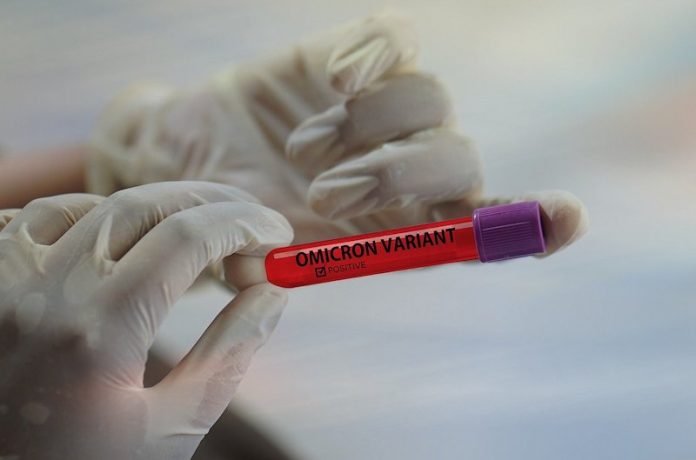
In a new study from Harvard, researchers found the SARS-CoV-2 omicron variant’s “milder” outcomes are likely due to more population immunity rather than the virus’ properties.
The omicron variant was first documented in Botswana and South Africa in late November 2021.
Despite three previous waves of infections and a vaccination program initiated in mid-2021, the variant quickly spread throughout the population of South Africa.
Compared with earlier variants, omicron resulted in notably lower hospitalization and death rates, leading some to conclude that the variant causes less severe outcomes or is less virulent than previous variants.
In the paper, the team countered that the perceived lower severity of omicron infections is most likely due to factors related to the level of immunity in infected people.
By the fall of 2021, much of the South African population had been vaccinated or probably infected by another variant during earlier waves of the pandemic.
This previous exposure would likely have reduced the severity of a subsequent omicron infection.
The milder symptoms may also be due in part to omicron’s ability to cause breakthrough infections and reinfections, including in people who have stronger immune systems and are therefore better equipped to fight off an infection, according to the researchers.
They caution that the situation in South Africa is intrinsically different than that of other countries—especially the young age of its population—meaning that omicron could progress differently in other populations around the world.
Based on their analysis, the researchers stress that as many people as possible domestically and globally should be vaccinated, and those most vulnerable to disease should receive a third booster shot.
If you care about COVID, please read studies that COVID-19 vaccines need to be shored up with a plant-based diet, and scientists find new antibody treatment for COVID-19.
For more information about health, please see recent studies about antibodies that could neutralize Omicron, and results showing these 2 things could offer some “stronger than basic” protection to Omicron.
The study is published in the New England Journal of Medicine and was conducted by William Hanage et al.
Copyright © 2022 Knowridge Science Report. All rights reserved.



